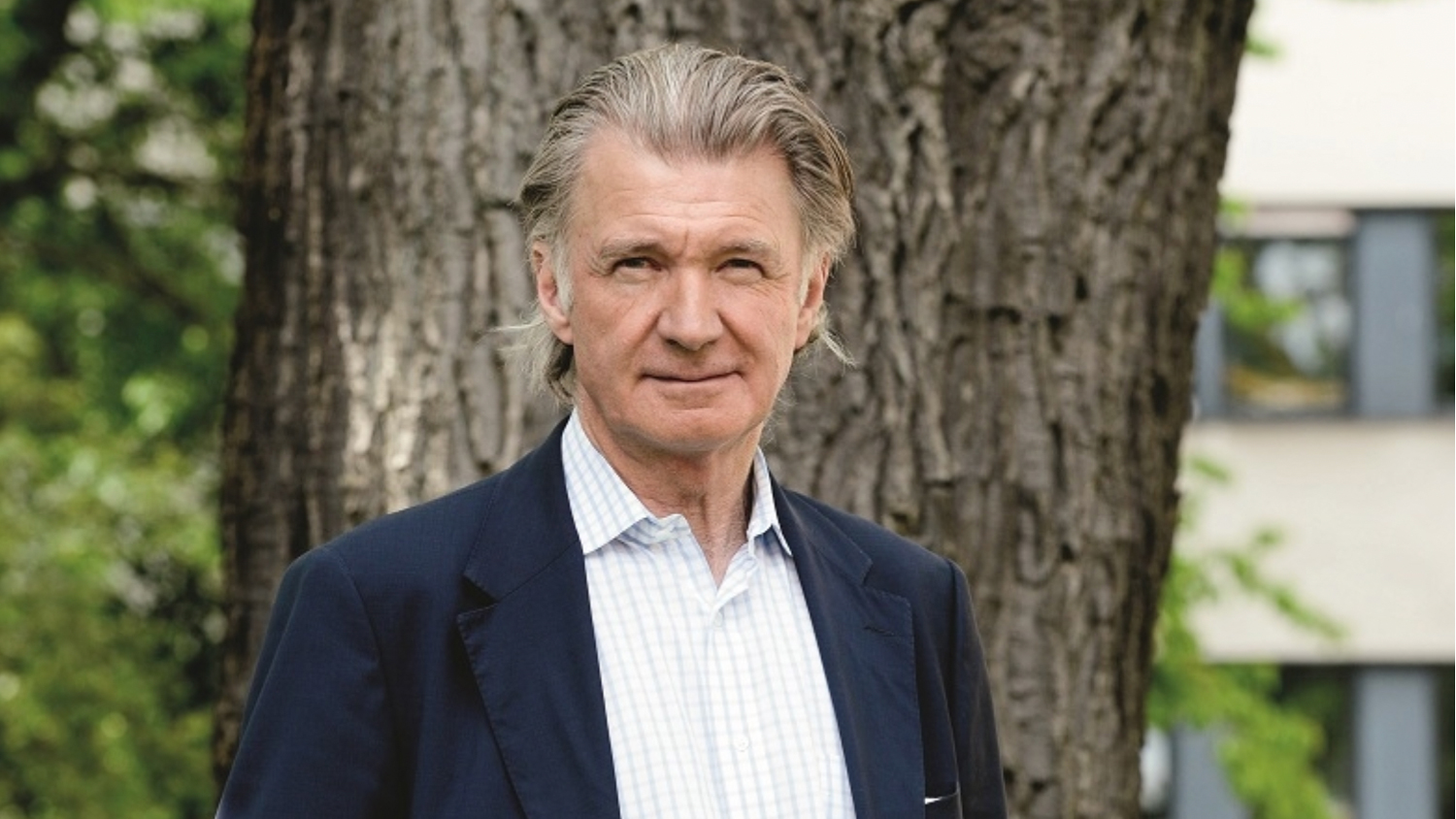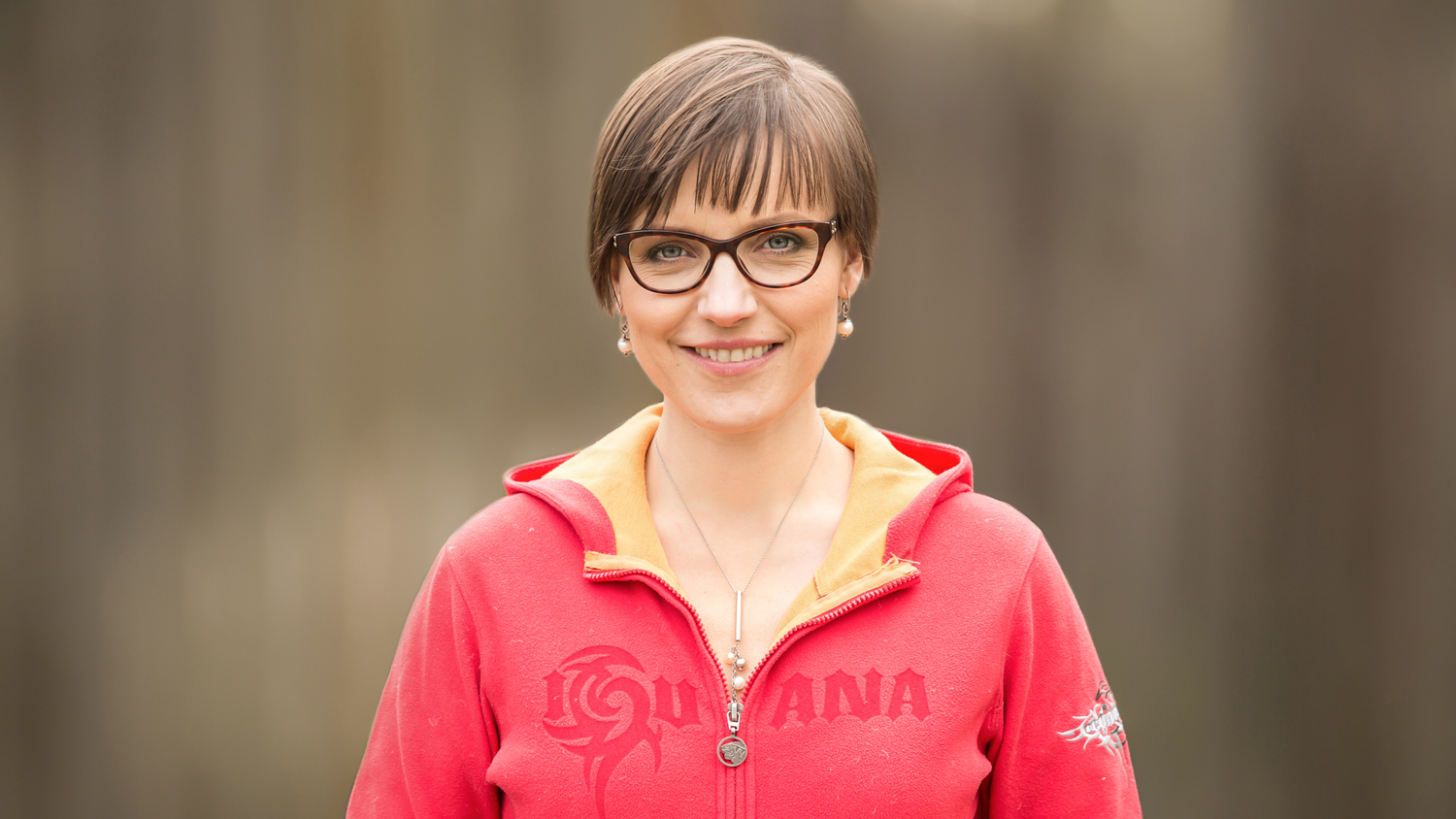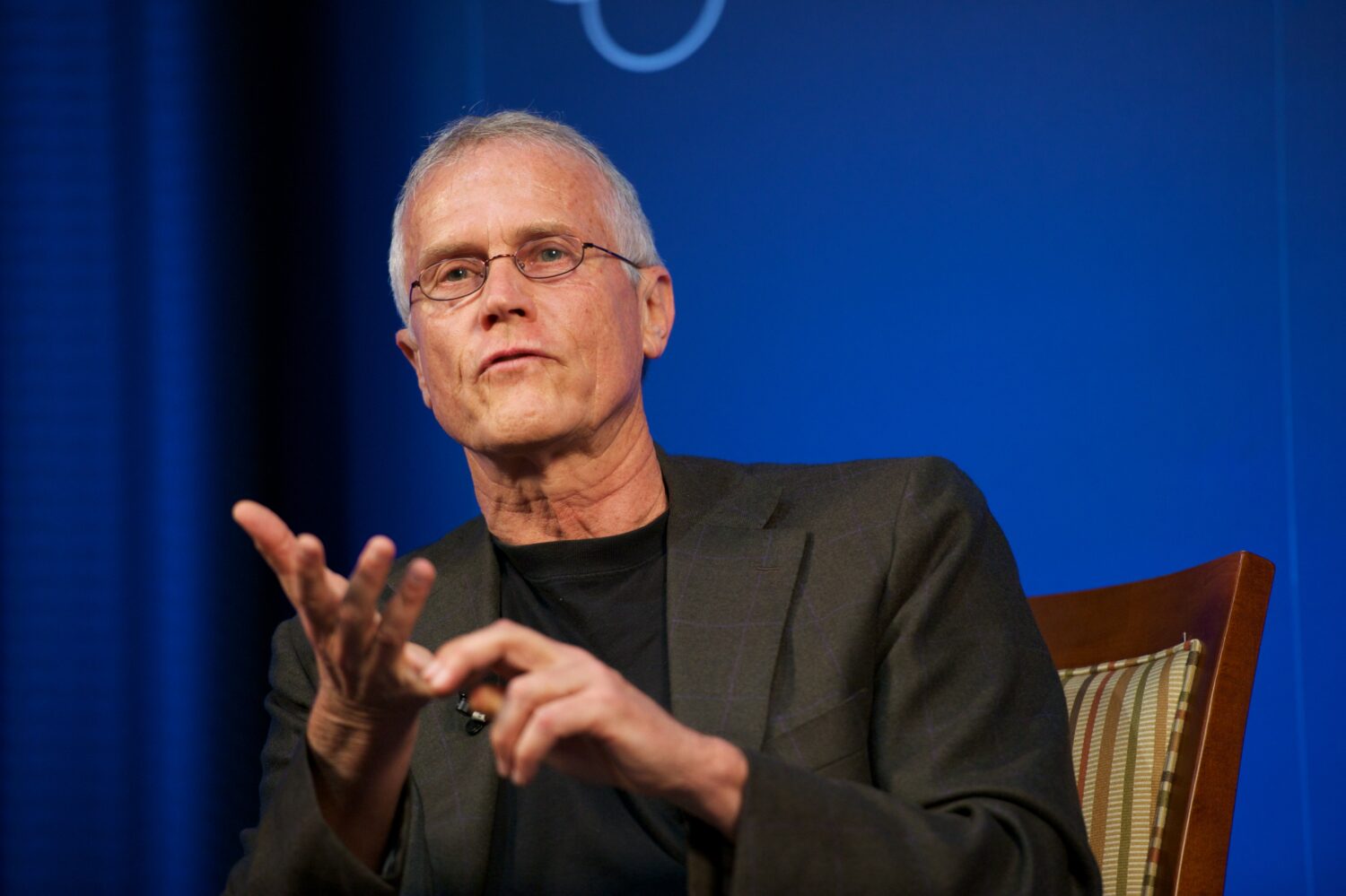Anders Wijkman is a Swedish opinion leader, author and a former politician on both local and EU level. Currently, he is the honorary president of Club of Rome and involved in a number of global organisations promoting the health and prosperity of our planet.
Anders has been involved in trying to heal our planet for most of his life. He has always been interested in trying to help address things that are not only relevant to him but to other people as well. His role model is Albert Schweitzer, a German medical doctor and philosopher, a true humanitarian, who set up missionary activities in Africa.
When did you realize that our planet is in serious danger?
I think it was in 1972 when the Limits to Growth report was published and I attended a discussion about the content. I remember saying – “aha, here is a problem”. From that on I have been very much concerned about an economic system which assumes that we can continue to grow. No tree grows to the sky and same goes for the economy.
I was a member of the Swedish Parliament at that time, and when I started the discussion with my political group – that we have a problem and need to rethink the organisation of the economy – they looked at me as if I was crazy. Some years later I left politics because I felt I cannot continue like this, I have to get other perspectives. I was quite lucky because I was hired as the secretary general of the Swedish Red Cross. That changed my life and career significantly.
How dire is the health of the climate?
I don’t think anyone can tell exactly, because the system is so complex. The climate system – as well as the ecosystems – are not linear in their function. The problems we are facing are not progressing linearly. There are tipping points, thresholds – and hence we don’t know exactly what will happen. Great uncertainties.
There is a difficulty in terms of communicating, we have to strike a balance between the seriousness of the situation and the ´we can do it´ attitude. But, finding the right balance is not easy. For many years, those of us who were very concerned, were very critical of the media because they didn’t write enough about the problems. Now, it sometimes seems that the media is doing the opposite – they write about fires and storms as if tomorrow will be the last day.
How do you see the role of human nature in this equation? Sometimes things seem to be very black and white for many people.
The striking polarization of views and opinions has emerged over the last 5-10 years. We didn’t have that 10-15 years ago. I think it’s partly because of social media, partly because of Donald Trump. When you have a president in the US who has been behaving as he has, using vulgar language, lying all the time and criticizing the other side, or those with different opinions, labelling them as idiots, or criminals, well, that sets a terrible tone and example.
But I think part of the problem is our short-termism. Anthropologists will tell us that it was not so long ago when we were still hunters and gatherers, and had to be very much focused on the short term to survive, from one day to the other. So, we are not very good at facturing in and considering the long-term consequences. We are very short-term oriented. We like to have things now, not tomorrow. Hence many people feel threatened by the language of transformation and changing lifetyles.
Will this get better with time passing, with evolution?
Yeah, but it takes a lot of time. Evolution is slow. I hope that education will help, because let’s face it – large part of the population lack the necessary knowledge to fully understand the challenges we are confronted with. I think we need to meet with people, and not only via social media and television, but organise regular meetings in city townhalls and municipalities, and talk to them, explain things. I think when you do that, people understand.
The problem is the scale. Lectures and townhall meetings will only reach a fraction of the population. I do a lot of lecturing myself and in my experience there is a lot of interest once you start talking. There is also polarization between the centre and the periphery – between cities and rural areas. People who we try to address perceive the green agenda as something that city elites have developed.
Are there any innovations at sight that could make a difference in fighting the crisis?
We have seen some great innovations in both solar and wind energy. The development is very fast and the costs are coming down. But technical fixes will not be enough. We should be mindful of the Jevons paradox. It means that whenever there is a technology that is more efficient, you will have some gains in the short term, but the money you save is used to demand energy and materials somewhere else. The rebound effect.
But innovations are very important. For instance – if you can produce steel or generate electricity without carbon dioxide emissions, that’s fantastic. But, you also need to be mindful of the rebound effect and of the fact that we can’t continue to grow indefinitely. We need to organize the economy in symbiosis and harmony with nature. That’s the innovation I want to see. I am very fascinated by regenerative agriculture where you don’t till the land, you do intercropping, you keep plants in the soil the year around, you build carbon in the soil, etc. The photosynthesis, if you do it right, is fantastic.
Which of the five key areas of impact of Club of Rome is the most successful in terms of your mission?
In the book we call for five Turnarounds – addressing poverty, inequality, empowerment of women and the transformation of food as well as energy systems. The main point of the book is that we want to implement all of them together. We have just written a paper for the United Nations SDG Summit in September on the SDG-s where we make a point that if you only pursue one of the transformations you will get very limited impact. The idea is to pursue them together, i.e., systematically
We prioritize the first two transformations – to address poverty and inequality. Because, unless you address the social challenges heads on, there’s no way you can solve the long-term oriented ones. There has to be a balance between social justice and the rest.
From the Club of Rome perspective, is there a light in the end of the tunnel?
I think the path forward we propose in Earth4All is quite promising. We have all the answers we need, the problem is how you implement them in a political system that is so poorly functioning right now. The war in Ukraine is a major problem, there is no dialogue with Putin, or Russia, on anything. Also, the increased tension between China and the US is terrible in my opinion. All the problems we face at the global level would require that we sit down and talk to develop strategies of cooperation. This goes for climate, for ecological destruction, for social injustice and also with regard to exponential technologies.
Then, as I said earlier, the conventional economists dominate the policy area too much. They seem to think we can just continue business as usual. The question is: will it be possible to transform the system in an orderly fashion, or do we need even more problems, disasters and devastation to finally start real action? If you look at history, major transformations never happened in an orderly fashion, they were always related to a major crisis – pest or war, etc. On bad days when I am not an optimist, I fear that we have to go through much more problems before we are able to transform the system.
So, yes, I think there is a light at the end of the tunnel, we do have the knowledge and we know what to do – but will we do the right thing? That’s the big question. Maybe we need the problems to become much worse before we do the right things. Humans do have the capacity to adapt, but we seem to be doing it only when it’s absolutely necessary.
Interviewer: Kerttu Kongas




